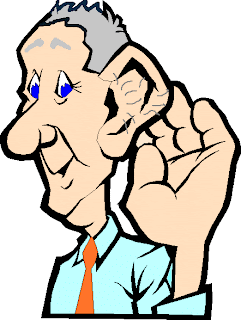Writting strategies
What can you do to be a better writer? The first you have to do is to not be afraid to write, feel free to do it and your results are going to be impressive.
Writing sometimes makes students suffer, because they don’t know how to handle it.
Here are some things that you can do to feel more comfortable while you’re writing:
- Have your own space to write.
- Enter to writing-related web sites.
When we write a composition, it is not enough to have good ideas or persuasive arguments,It is important to express them correctly.
Good writing doesn't happen by accident.Writers use strategies all the time to keep their writing going and to make it come out the way they intend.
When you write you have to be aware of this following things:
- Time expressions can come at the beginning or at the end of a sentence.
- Don´t separate the verb from its object.
- Frequency adverbs (often, always, never) often come before the main verb.
A good composition has three elements: an introduction, a body and a conclusion and should have a strong opening which gets readers´ attention and makes them to read more. A few good ways of opening your composition:
- A question
- A surprising statistic or fact
A good composition has to have:
1. Contrast or opposing ideas: although, while, in spite of, but, however.
2. Comparison: like, similarly, both, just, as + adjective + as.
3. Reason, cause and effect: because, since, as, so that, in order that.
4. Time and sequence: when, while, first of all, secondly, finally.
5. Result and consequences: therefore, thus, as a result of.
6. Addition and example: moreover, in addition, for instance, such as.





